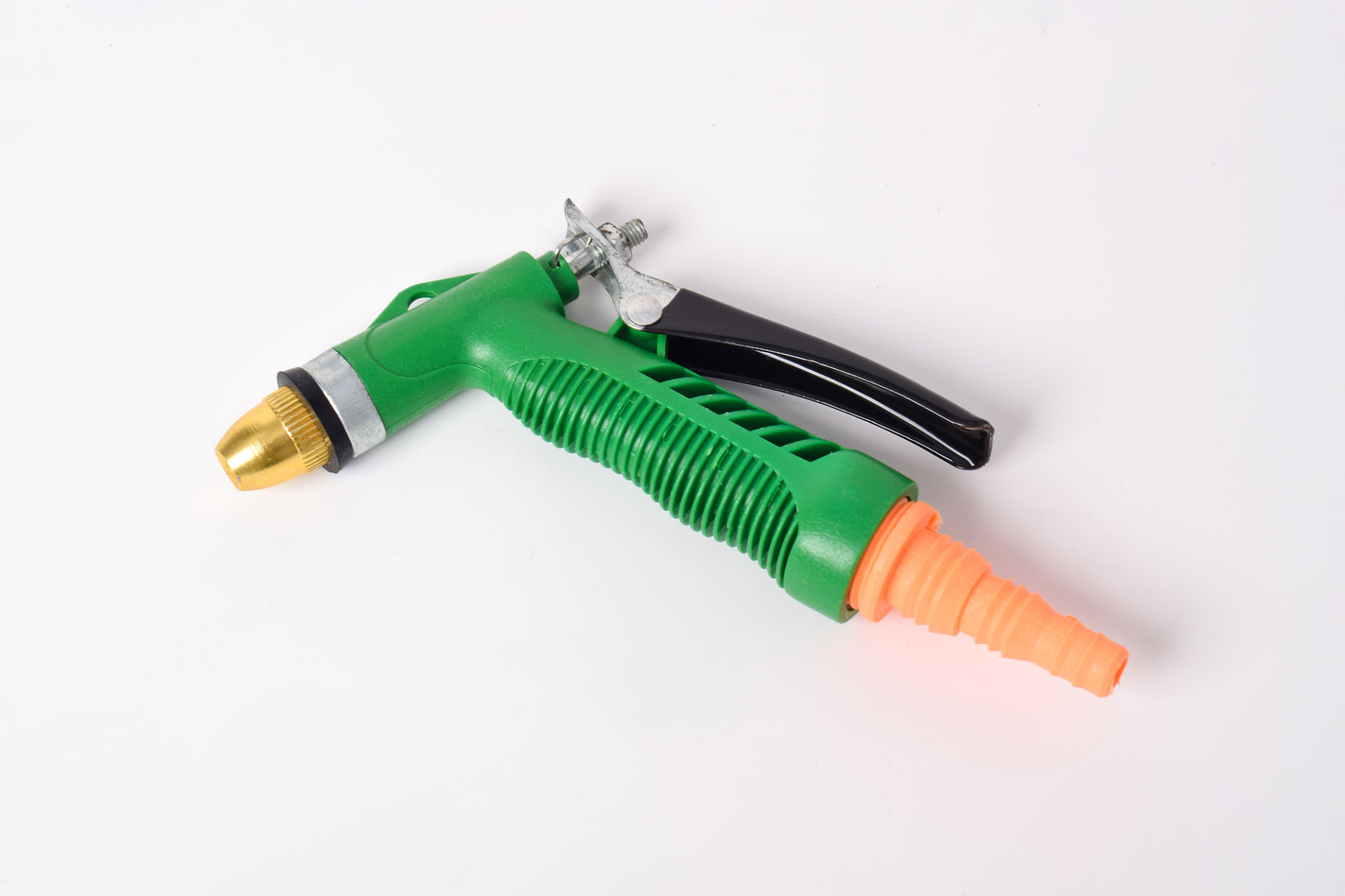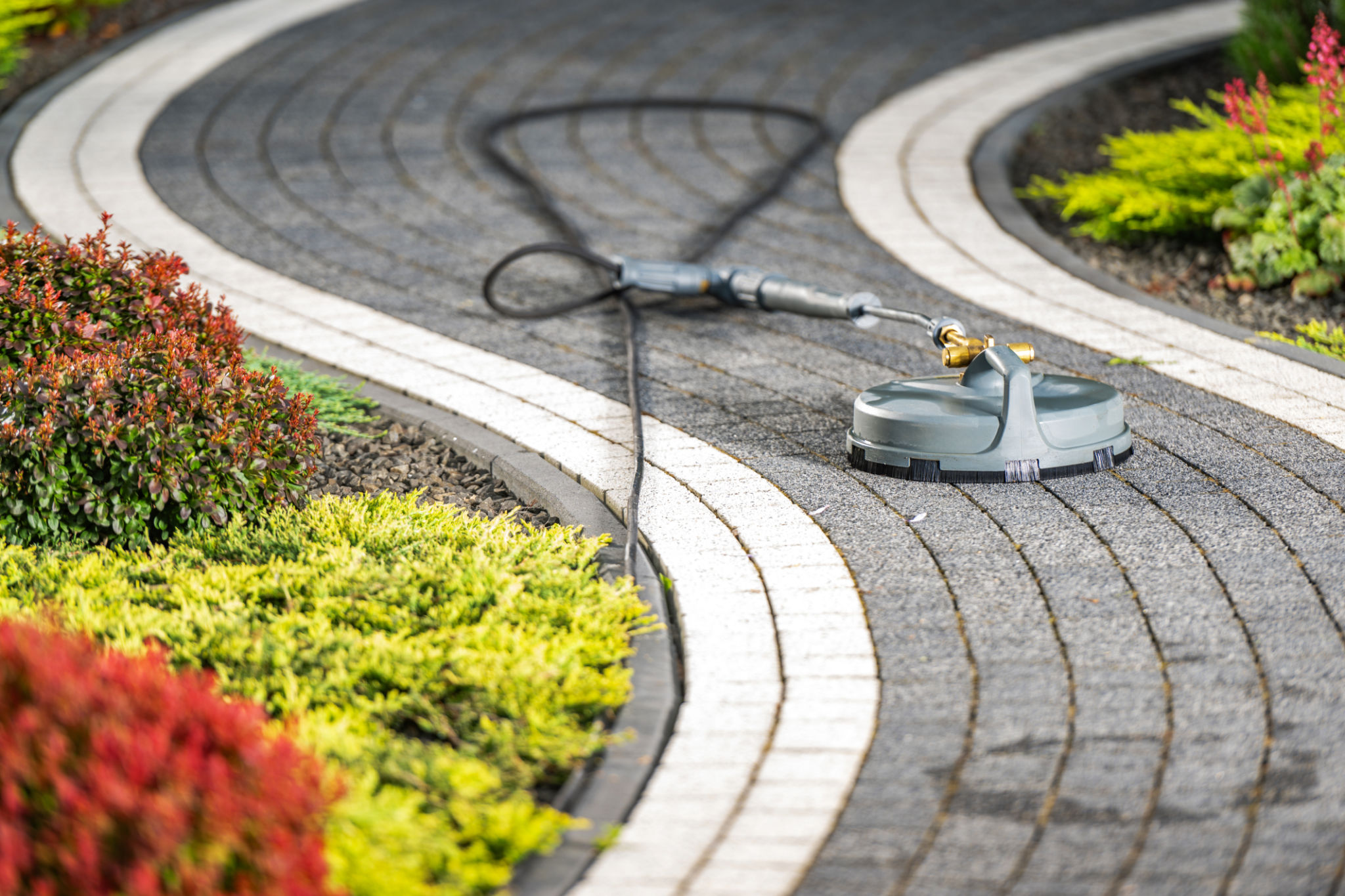Top 5 Pressure Washing Myths Debunked
Understanding Pressure Washing
Pressure washing is a popular method for cleaning various surfaces, from driveways to decks. Despite its widespread use, several myths persist about its effectiveness and safety. Understanding the truth behind these myths can help you make informed decisions about when and how to use pressure washing.

Myth 1: Pressure Washing is Harmful to All Surfaces
One common misconception is that pressure washing is inherently damaging to all surfaces. While it's true that inappropriate use can cause harm, when done correctly, pressure washing is safe for most surfaces. The key is to adjust the pressure settings and use the right techniques for each material.
Adjusting Pressure Settings
Different surfaces require different pressure levels. For example, concrete can handle higher pressures, while wood and siding need a gentler touch. Ensuring the correct settings can prevent damage and maintain the integrity of your surfaces.

Myth 2: Pressure Washing Is Only for Professionals
While hiring a professional can ensure optimal results, pressure washing is not exclusively a professional task. Many homeowners successfully tackle small projects on their own. With the right equipment and guidance, DIY pressure washing can be both effective and satisfying.
Choosing the Right Equipment
For those who choose to handle pressure washing themselves, selecting the appropriate equipment is crucial. Electric models are often suitable for smaller jobs, while gas-powered washers provide more power for larger projects.
Myth 3: Pressure Washing Uses Excessive Water
Another myth is that pressure washing wastes large amounts of water. In reality, pressure washers are designed to maximize efficiency by using high pressure to clean with less water than traditional methods. This makes pressure washing an environmentally friendly choice when used responsibly.

Myth 4: Any Detergent Can Be Used in Pressure Washers
Not all detergents are suitable for use in pressure washers. Using the wrong type can damage your equipment or be ineffective at cleaning. It's important to use detergents specifically formulated for pressure washers and the surfaces you're cleaning.
Understanding Special Formulations
These specialized detergents are designed to work with the machine's high-pressure output and effectively break down dirt and grime without harming the surface or the washer itself.
Myth 5: Higher Pressure Equals Better Cleaning
A common mistake is assuming that higher pressure always results in better cleaning. This isn't necessarily true. In fact, excessive pressure can damage surfaces and create an uneven finish. It's more important to focus on the correct technique and cleaning solutions than simply increasing pressure.
The Role of Technique
Proper technique involves maintaining an adequate distance from the surface and using consistent, overlapping strokes for even cleaning. Coupled with appropriate pressure, this approach ensures thorough cleaning without risking damage.

